The Multiplier, 5 of 8
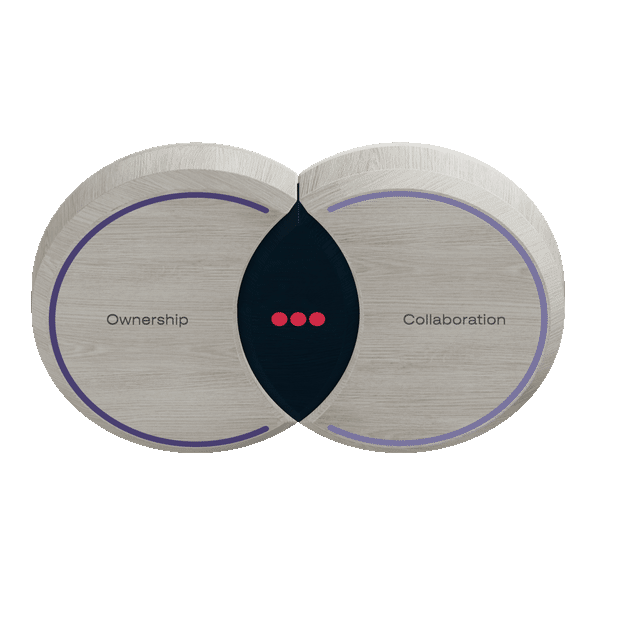
The Multiplier
Ownership x Collaboration
Our company is its people, but it’s when we collaborate that we reach our full potential - and win over the competition.
At Securitas, we expect you to take ownership as if you owned the business yourself.
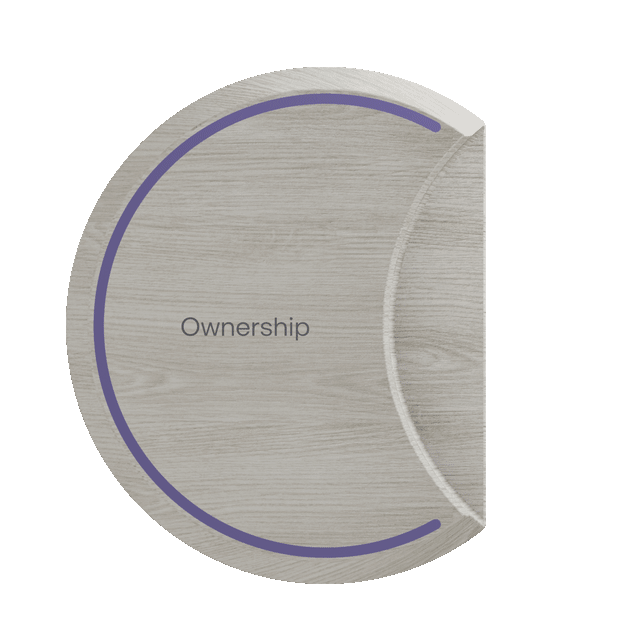

People who feel ownership of their work are more satisfied, perform better, and are more committed. We grow when we feel that we belong, and when we care about the success and failure of our team and the business.
When we know that what we do makes a difference and affects change, we feel that our efforts can make a meaningful impact. In addition, we do a better job because we can make smarter and faster decisions, which benefits us and our clients.
This is also why we delegate responsibility for our people, clients and profit as much as possible, and share the proceeds when things go well. We want our leaders to think about their areas of responsibility as if they owned them, making wise spending decisions and growing these areas sensibly.
At Securitas, you can take on a large business responsibility early on in your career, confident in the fact that you are backed up by a global corporation and regional functions whose main objective is to support you to succeed.
Of course, we must all adhere to certain principles. Our purpose, values, and policies always guide us. Clear operating guidelines based on work roles are necessary. As a leader, you must support your team to take ownership too, and delegate responsibility, provide clarity of role, scope and responsibility and show trust.
Everyone also needs to have the right training, tools and support to carry out their responsibilities and make decisions. To make sure we protect the trust that our clients and society place in us, we have checkups and controls in place for our most important principles.
To do our own job well, and deliver great results for the business, we need to collaborate with others.
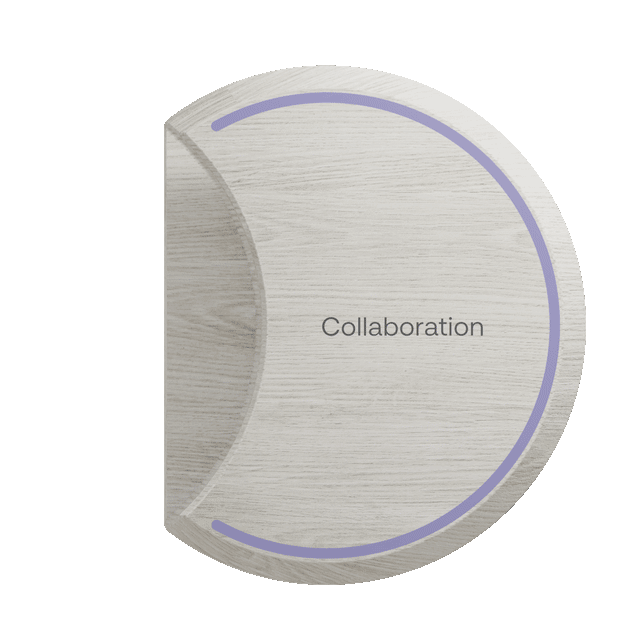
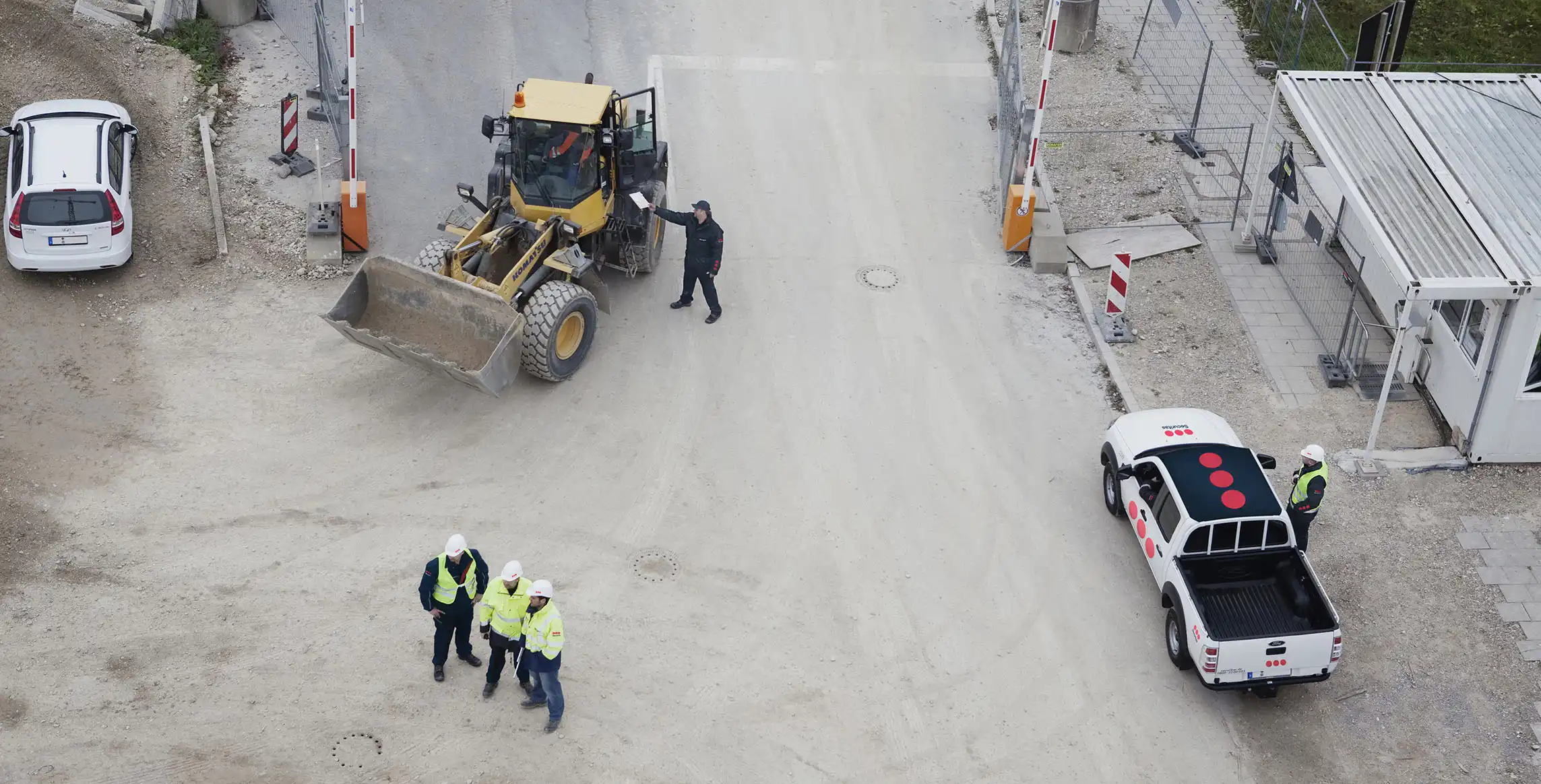
We believe in working together in teams with diverse people and thoughts. We advise and create holistic solutions for our clients, and when we bring a combination of services to them, we create the highest value.
A team brings together individual perspectives, experiences and skills to solve problems, creating new solutions and ideas that go beyond what one individual could do alone. It benefits the individual and unleashes the full power of the organization.
Many of our people are out in the field, engaging with clients every day and we trust them to make decisions in the blink of an eye. Our security community in the field has taught us much over the years.
Today, technology combined with collaboration allows us to form a closer network; we can reach a wide knowledge base and expand every colleague’s ability to contribute.
By working together and sharing best practices we open up opportunities. This includes identifying and solving similar security issues, client situations, and recruitment challenges, which leads to providing better client solutions, faster.
The middle part symbolizes the multiplier effect
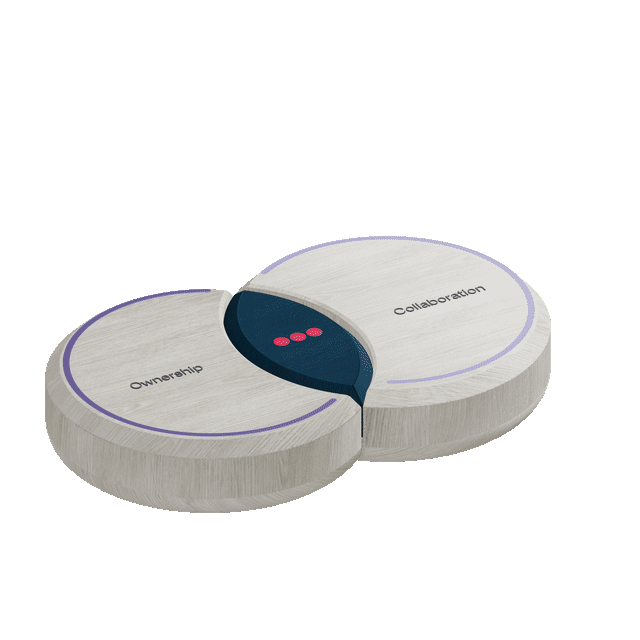
Our organisational structure, with few layers, supports this.
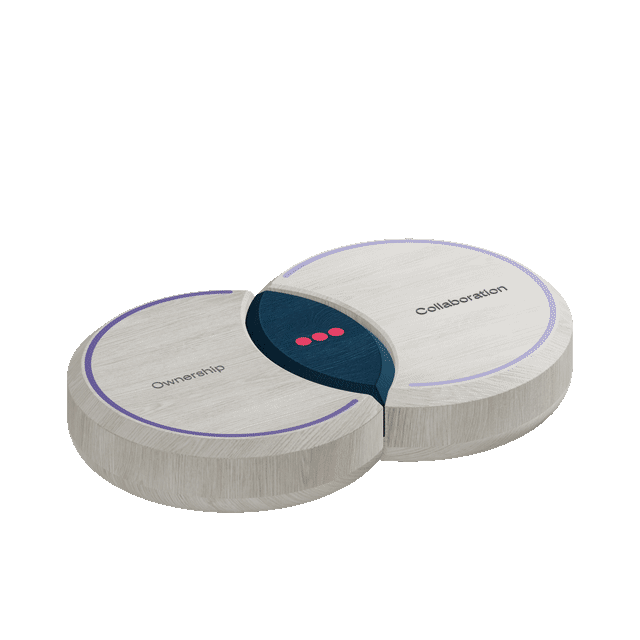

Our organization revolves around our clients and we focus on providing local and responsive service where we deliver value every day. This means that we want to have small, local units with minimal hierarchy and administration. With fewer layers to make decisions, those closest to the client and the operation can engage quickly and efficiently. We call this a decentralized model.
For us, decentralization is the ability to take decisions and act without having to seek approvals for daily tasks. Our purpose, values, and roles empower us to make our own decisions. This minimizes bureaucracy, encourages initiative and targets both business growth and cost effectiveness, as well as good corporate governance. When the person closest to an issue can make decisions, we become more insightful, responsive and flexible.
To benefit from our wealth of knowledge and experience, as well as from our scale, we need to balance independent decision-making with standardization, where it makes sense. We can and should use standardized ways of working and common tools where it allows us to move faster, more efficiently or to do a better job.
In some instances, we need to build deep specialization and invest in innovation. In those cases, it does not make sense to replicate every skill in every small unit, so instead we create centers of excellence or shared functions who can develop this and serve all the units which are close to the client. This way, we benefit from our combined global expertise and experience.
In practice, the best way we have found to create such an organizational structure is to create branches (or districts) comprised of the people who deliver services to our clients. These branches draw on regionally shared resources and specialized functions, such as technology experts or learning & development teams, to serve our clients.
As we grow, we actively manage the size of these branches and create two out of one to grow horizontally, instead of vertically. This model allows us to draw on the resources of a large company and at the same time empower colleagues to make decisions at speed. 3 With good communication, we succeed through teamwork.

Take a few minutes to reflect on the following questions:
In what ways do you benefit from collaborating with your colleagues?
How do you make sure that your organization minimizes hierarchy and administration?
What business benefits do you see from being a diverse team?
The Multiplier
Now you know that Ownership x Collaboration means that the whole is bigger than the sum of the parts